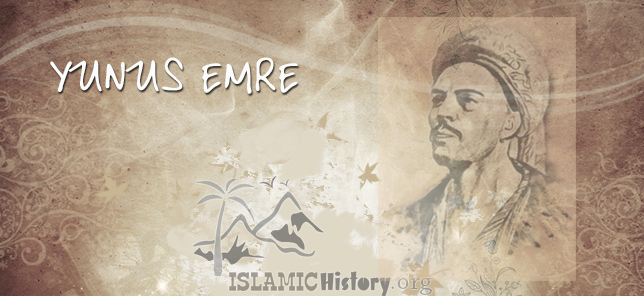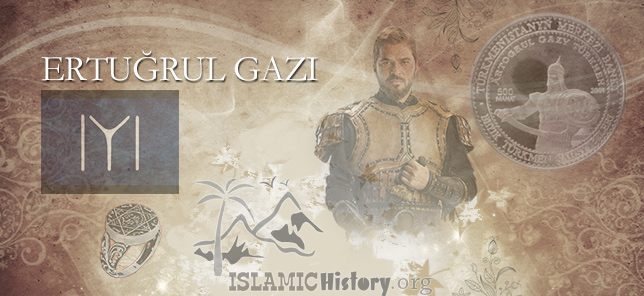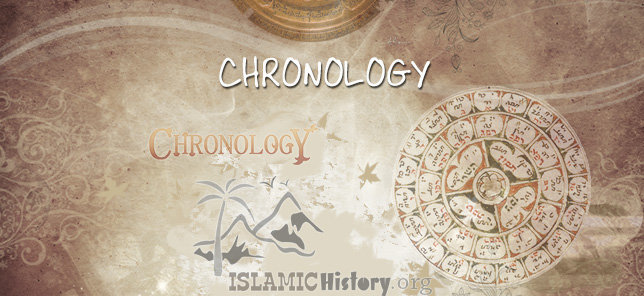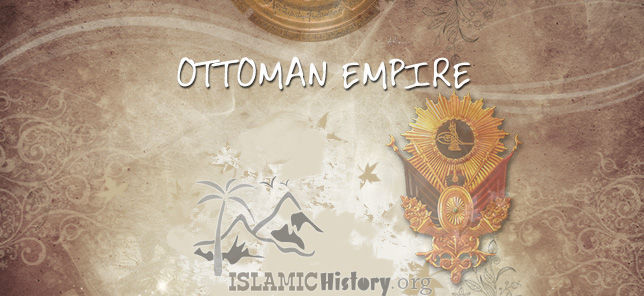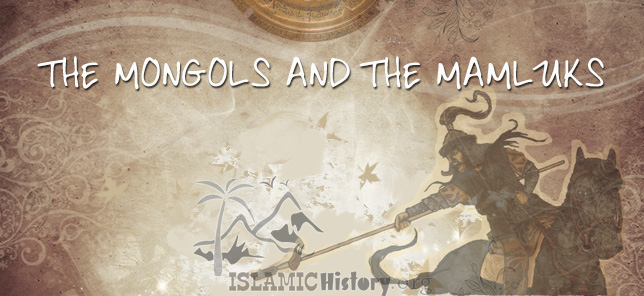Yunus Emre (Turkish pronunciation: [juˈnus emˈɾe]) (1238–1320) was a Turkish poet and Sufi mystic who greatly influenced Anatolian culture. His name, Yunus, means “Dolphin” in Turkish but is also equivalent to the English name Jonas. He wrote in the Old Anatolian Turkish language, an early stage of modern Turkish. The UNESCO General Conference unanimously passed a resolution declaring 1991, the 750th anniversary of the poet’s...
Posts Tagged "13th Century"
Ertugrul (Ottoman Turkish: ارطغرل, Turkish: Ertuğrul Gazi, Erṭoġrıl; often with the title Gazi) (died c. 1280) was the father of Osman I, the founder of the Ottoman Empire. While his historicity is proven by coins minted by Osman I which identify Ertuğrul as the name of his father, nothing else is known for certain about his life or activities. According to Ottoman tradition, he was the son of Suleyman Shah, leader of the Kayı tribe of Oghuz...
History organised according to the dates of the events. [history_timeline] CE – Common Era [After Jesus (peace be upon him)]AH – After Hijrah [of Prophet Muhammad (peace be upon him]6th and 7th Century [CE] = 1st Century Hijrah [AH]8th Century [CE] = 2nd Century Hijrah [AH] Chronology of major events in Islamic history This is a short and incomplete list of major events in Islamic history. 545: Birth of Abdullah, the Holy...
During the second Mongol invasion, Tamerlane had met and very nearly annihilated another rising power: the Ottomans. Under a minor chieftain named Othman, groups of Turkish-speaking peoples in Anatolia were united in the Ottoman confederation which, by the second half of the fourteenth century, had conquered much of present-day Greece and Turkey and was threatening Constantinople. The Ottoman state was born on the frontier between Islam and the...
In the thirteenth century still another threat to the Muslim world appeared in the land beyond the Oxus: the Mongols. Led by Genghis Khan, a confederation of nomadic tribes which had already conquered China now attacked the Muslims. In 1220 they took Samarkand and Bukhara. By mid-century they had taken Russia, Central Europe, northern Iran, and the Caucuses, and in 1258, under Hulagu Khan, they invaded Baghdad and put an end to the remnants of...

